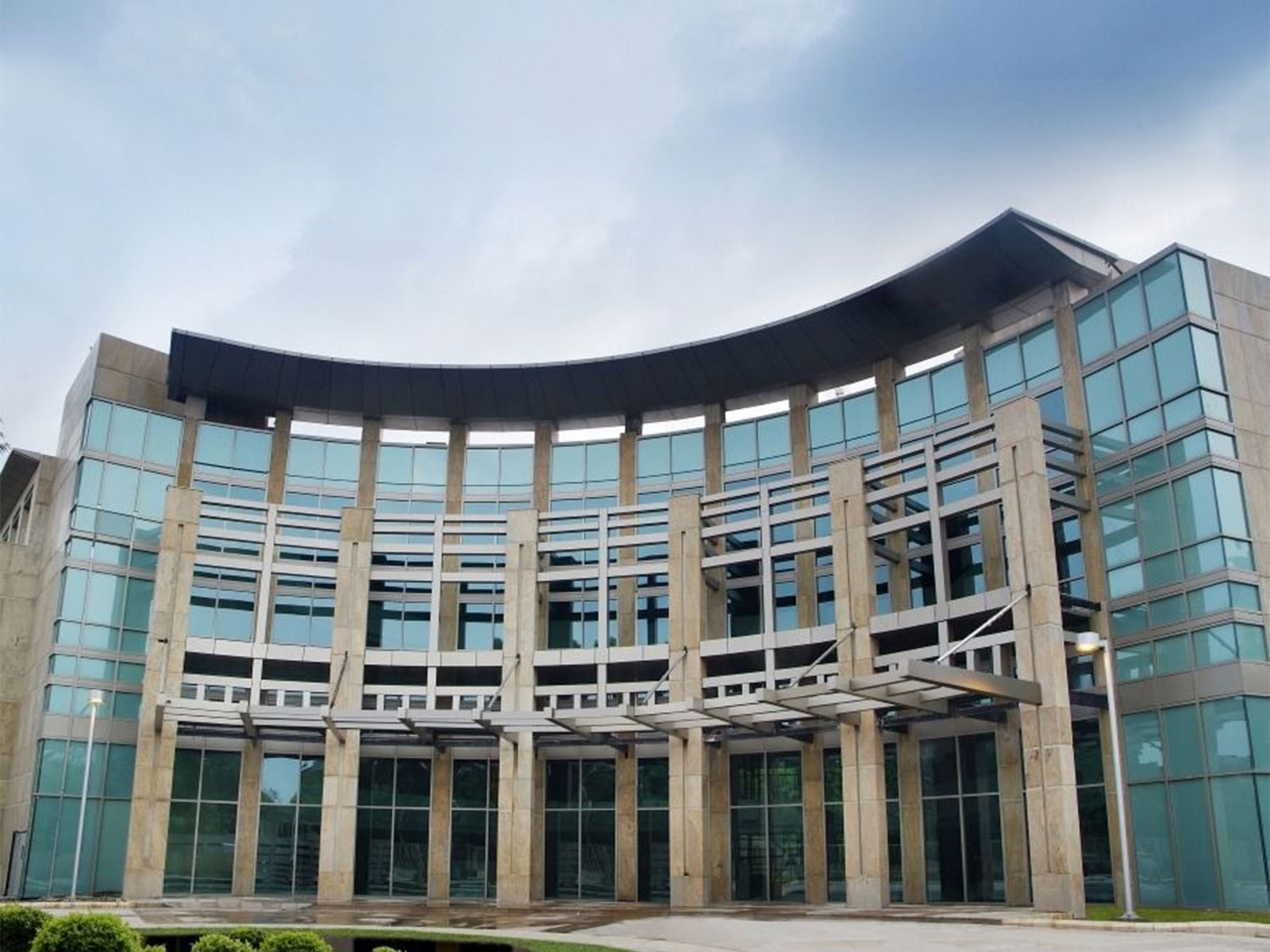Ola’s war with Uber goes global: Indian ride-hailing firm hits the road in Australia

Ola, Uber’s biggest rival in the ride-hailing app market in India, is spreading its wings by going global. It’s over six months since the news came out in the media that Ola was planning on entering the neighbouring countries of Sri Lanka, Bangladesh and Nepal.
“Ola is also eyeing other countries in Asia and North Africa to continue this expansion in the future, another person requesting anonymity told Gadgets 360.” On 30 January 2018, Ola did announce its first international expansion. It’s not the Southeast countries it was eyeing last year. Instead, it’s a country that has a lot of Indian drivers. It’s none other than Australia.
This comes just seven years after the company was founded. It was four years ago, in 2014, when the number of Indian-origin taxi drivers outnumbered Australian-born cabbies. There is a shortage of taxi drivers Down Under and the migrants are capitalising on it.
It seems that 2018 will be the year of the ‘ride-hailing’ services. First China’s Didi Chuxing announced its expansion into Taiwan and Brazil and now Ola with its move into Australia.
Ola claims over 125 million registered users. The company also says that it has more than one million drivers across the 110 cities it operates in. The company has raised over $2.5 billion from various investors, biggest of all being Japan’s SoftBank.
Presently, the company is working with local authorities to gain the necessary approvals, before it launches in Sydney, Melbourne and Perth. The company has also “begun onboarding driver-partners across Sydney, Melbourne, Perth”.
A momentous day for us at @Olacabs, as we go International with Australia! We’ve begun onboarding driver-partners across Sydney, Melbourne, Perth & look forward to working together with local communities in building mobility for every Australian! pic.twitter.com/GgDEwwkc8n
— Bhavish Aggarwal (@bhash) January 30, 2018
Rides are expected to begin in the coming weeks and will start with private hire vehicles.
Uber’s dwindling presence in Asia
Japan’s SoftBank also invests in Ola’s rival Uber. The company has told Uber to ‘focus’ on its core markets, one of which is Australia. The two companies also share a second common investor in Didi Chuxing.
There is also increasing speculation that Ola and Uber will merge in India. This comes on the heels of Uber’s merger with the leader in China, Didi Chuxing.
Even in Russia, the company has taken a back seat. It’s merger with Yandex.Taxi was approved by Russia’s anti-monopoly agency. The new company is majorly owned by Yandex.Taxi and not Uber.
“Uber is to invest $225 million into the new venture and will own 36.6 percent of the company. In turn, Yandex will invest $100 million and take 59.3 percent ownership. The remainder is to be shared by employees of the company,” CNBC reported.
Not a direct battle in Australia
Uber, and now Ola, will have to compete with Estonia’s Taxify – yet another ride-hailing company backed by Didi Chuxing – moved in to Australia last November. Initially, it started in Sydney and has now moved in to Melbourne.
Taxify launched with over 4,000 drivers in its fleet and heavily discounted fares. Taxify is also differentiating itself from Uber by taking lower commissions from its drivers and capping surge pricing at 1.5x per day.
In fact, a local startup has also tried to shake off Uber’s dominance in the Australian ride-hailing market. GoCatch is an app that connects users directly with taxis and launched its GoCar offerings in February of 2016. GoCar is basically a driver using their own car to ferry passengers.
Ola may have a tough time getting drivers on board, as they might find it expensive initially, but in the long run, drivers might just opt for an Indian company rather than a global giant that has been facing the heat for the past year or so.
First published: 30 January 2018, 17:21 IST






![BJP's Kapil Mishra recreates Shankar Mahadevan’s ‘Breathless’ song to highlight Delhi pollution [WATCH] BJP's Kapil Mishra recreates Shankar Mahadevan’s ‘Breathless’ song to highlight Delhi pollution [WATCH]](https://images.catchnews.com/upload/2022/11/03/kapil-mishra_240884_300x172.png)

![Anupam Kher shares pictures of his toned body on 67th birthday [MUST SEE] Anupam Kher shares pictures of his toned body on 67th birthday [MUST SEE]](https://images.catchnews.com/upload/2022/03/07/Anupam_kher_231145_300x172.jpg)






